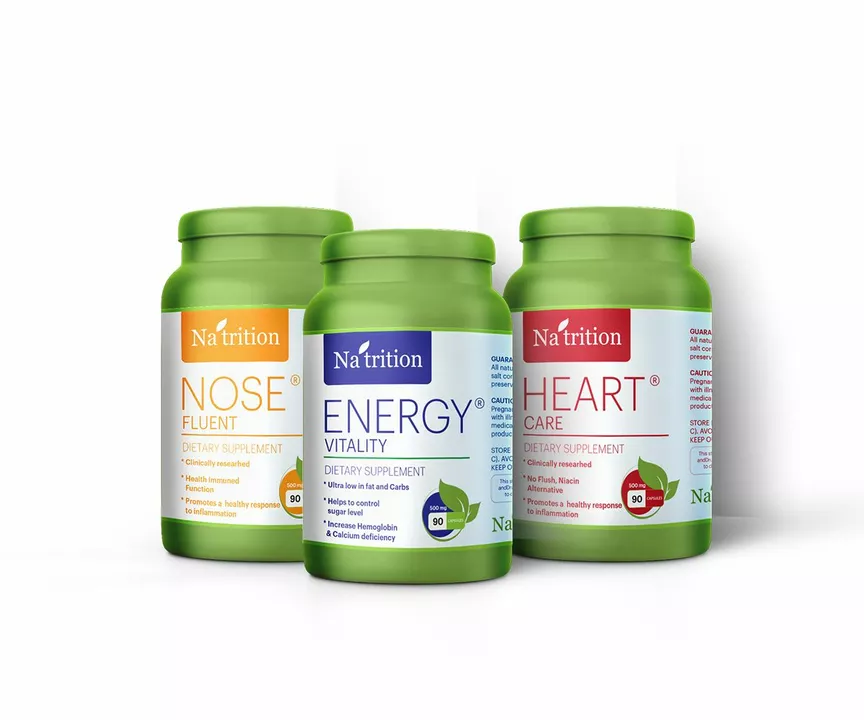Herbal supplements: practical tips for benefits, safety, and buying
Herbal supplements are everywhere — from store shelves to online ads — but not all are the same. This page pulls together clear, practical advice and links to our posts on acai, ginger, shatavari (Asparagus racemosus), malabar nut, vinpocetine, and other herbs so you can make smarter choices.
Start with one clear goal: what are you trying to support? Energy, digestion, immune health, or sleep? Match the herb to the goal. Acai is sold for antioxidants and energy; ginger helps nausea and digestion; shatavari is used for women's health and digestion. Check the full articles for dose ranges and real-world tips.
How to pick quality supplements
Look for third-party testing like USP, NSF, or ConsumerLab. Read labels for active ingredient amounts and standardization (for example, specific gingerol content for ginger extracts). Avoid vague “proprietary blends” that hide doses. Prefer products with batch numbers and expiration dates. If a product promises to cure a disease, be skeptical.
Source matters. Buy from established retailers or recognized pharmacies to cut risk. If you buy online, verify contact info, business address, and return policy. Read recent reviews and watch for repeated complaints about quality or delivery. If a product ships from overseas, check local rules—some countries limit certain herbs.
Safety tips before you buy
Herbs can interact with prescription drugs. Some affect blood thinners, blood pressure meds, or diabetes medicines. Tell your doctor what you plan to take. Start with a low dose and test tolerance for a few days before increasing. Watch for allergic reactions, stomach upset, headache, or sleep changes.
Pregnancy, breastfeeding, and children need extra caution. Some herbs are unsafe in pregnancy and may cause harm. If you’re pregnant or trying to conceive, consult a clinician or midwife before taking any herbal supplement.
Keep realistic expectations. Supplements can support health but usually don’t replace proven therapies. Track results for two to six weeks and reassess. If you notice no benefit or new symptoms, stop and ask a healthcare professional.
Practical buying checklist: 1) Confirm third-party test seals; 2) Check active ingredient amounts; 3) Avoid proprietary blends; 4) Read seller reviews; 5) Ask your pharmacist about interactions.
Explore our linked articles for deeper looks at acai, ginger, shatavari, malabar nut, vinpocetine, and other herbal topics. Each post includes uses, possible side effects, dosage hints, and buying tips. Use them to compare options and find what fits your needs.
Form matters. Capsules and tablets give steady doses, while tinctures and teas act faster but vary in strength. Powders let you adjust dose but can taste strong. Check serving size and calculate monthly cost so you know value. Watch storage: heat, light, and moisture reduce potency. Keep bottles sealed and away from the bathroom. If you try a new herb, use only one at a time so you can spot benefits or side effects. Share product names with your clinician for safer care. Start small, track, and adjust.






